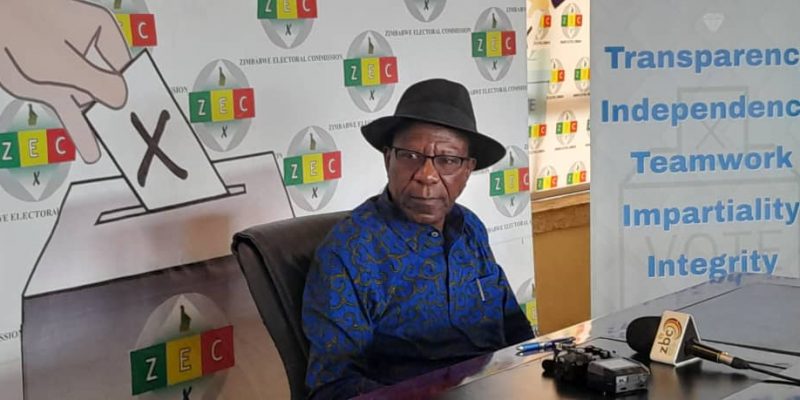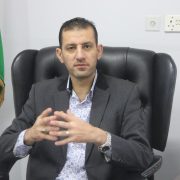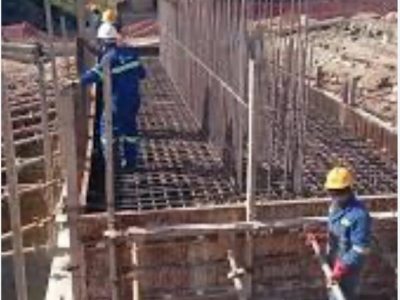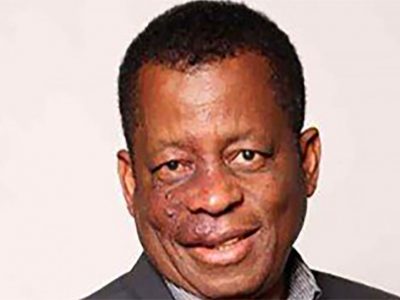The Zimbabwe Electoral Commission (ZEC) said on Friday it has allocated ZIG$25.5 million (Zimbabwean Gold), close to a million USD to oversee two upcoming by-elections in Glenview South and one ward in Rushinga. The announcement made by ZEC spokesperson Commissioner Rodney Kiwa during a press conference, raises questions about the cost and transparency of electoral processes in the country.
The by- elections were necessitated following the death of other officials. In Glenview South, the vacancy arose following the passing of Honourable Glenmore Hakata, while in Rushinga’s Ward 19, the seat became vacant after the death of Councillor Howard Machipisa. The Glenview South by-election will fill a seat in the constitutional Assembly, while Rushinga’s poll is for the Rural District Council.
By Gamuchirai Mapako
Five candidates are vying for the Glenview South seat, including representatives from the National Constitutional Assembly (NCA) and ZANU-TF, as well as independent candidates. Meanwhile, Rushinga’s Ward 19 has two independent candidates competing. Voter turnout is expected to be modest, with 31,519 registered voters in Glenview South and 1,578 in Rushinga.
The ZIG$25.5 million budget covers various aspects of the electoral process, including printing of ballot papers, conducted by the state-owned printing and minting company of Zimbabwe, in compliance with section 5282 of the Electoral Act.
A total of 33,700 ballot papers were printed for Glenview South and 1,700 for Rushinga, including contingencies for spoilage.
ZEC also announced charges fees for observers, ranging from USD$10 for local observers to USD$400 for international observers from outside Africa, drawing criticism for potentially limiting transparency.
Critics argue that the budget seems disproportionate. The allocation of ZIG$25.5 million for two constituencies raised eyebrows, with some questioning whether the funds could be better utilized to address broader electoral reforms or voter education initiatives.
ZEC emphasized its adherence to legal frameworks, including the publication of polling station details and nomination dates in local newspapers. However, concerns persist about the lack of detailed breakdowns of the budget. For instance, the criteria for selecting the Printing and Minting Company for ballot paper production were vaguely described as based on “experience and security,” leaving room for scrutiny.
The commission also denied any reported incidents of electoral misconduct, such as vote-buying.









Comments